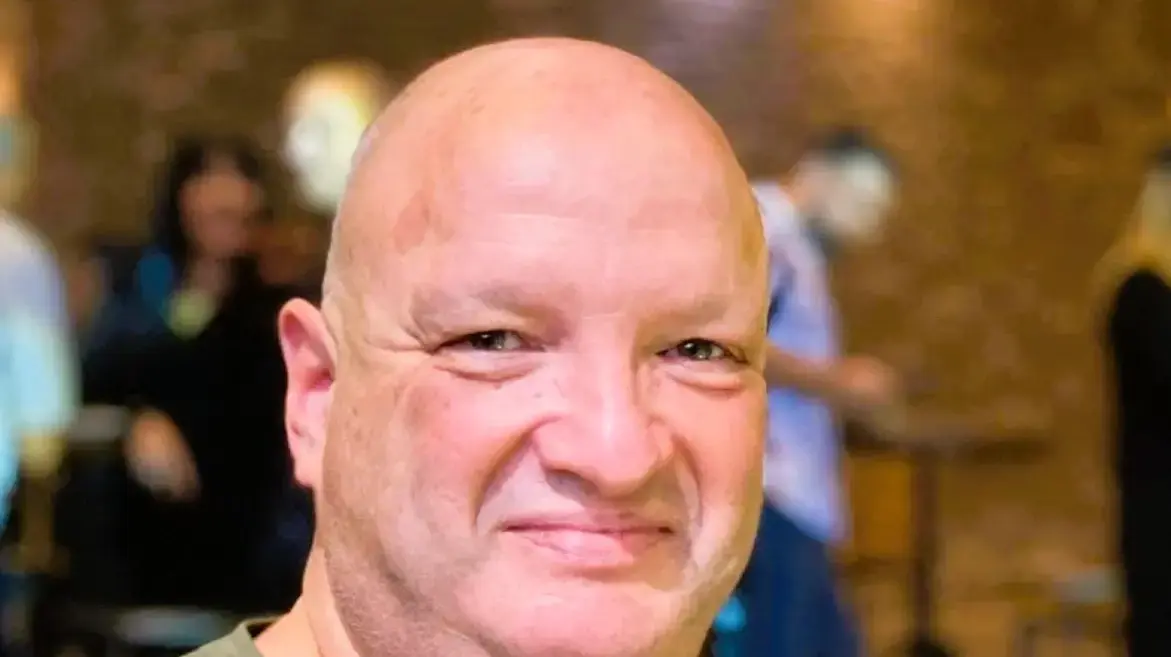Last June, the life of a Lebanese deer changed from one end to the other. An unusual back pain turned into the news she expected to hear: positive for breast cancer.
A back CT scan found lesions in the spine and pelvis, which turned out to be malignant in the biopsy. The treatment Lebanese has been receiving since she was diagnosed with breast cancer is based on a combination of biological drugs in pills and a monthly injection. These suppress the hormones, treat the existing tumors and stop the spread of the cancer. Along with the drug treatment, Lebanon receives support from the staff of the Rambam Oncology Institute, counseling, and accompaniment, which enable him to deal with the various aspects of life in the shadow of the disease. Despite the aggressive course, Lebanon has been given the all-clear after a few months of chemotherapy and radiotherapy. She says: "It is important for me to say to every man and every woman - warning signs should be considered and not ignored." "The disease is not simple," he says, "there are severe pains and consequences. So far I have dealt with it well. After all, I have cancer. But the bottom line - you have to deal with it." "Every man with breast cancer says the same things," clarifies Rita Wortman, nurse coordinator of the follow-up clinic at Rambam. "There will always be similar questions: What, do the men have breast cancer, in the milk ducts? Who even has the disease? The warning of breast cancer in men is a population that needs to be thought about in this direction as well." "I won't let it crush me. From where I am today, it's important for me to say to every man and every woman - you need to pay attention"

